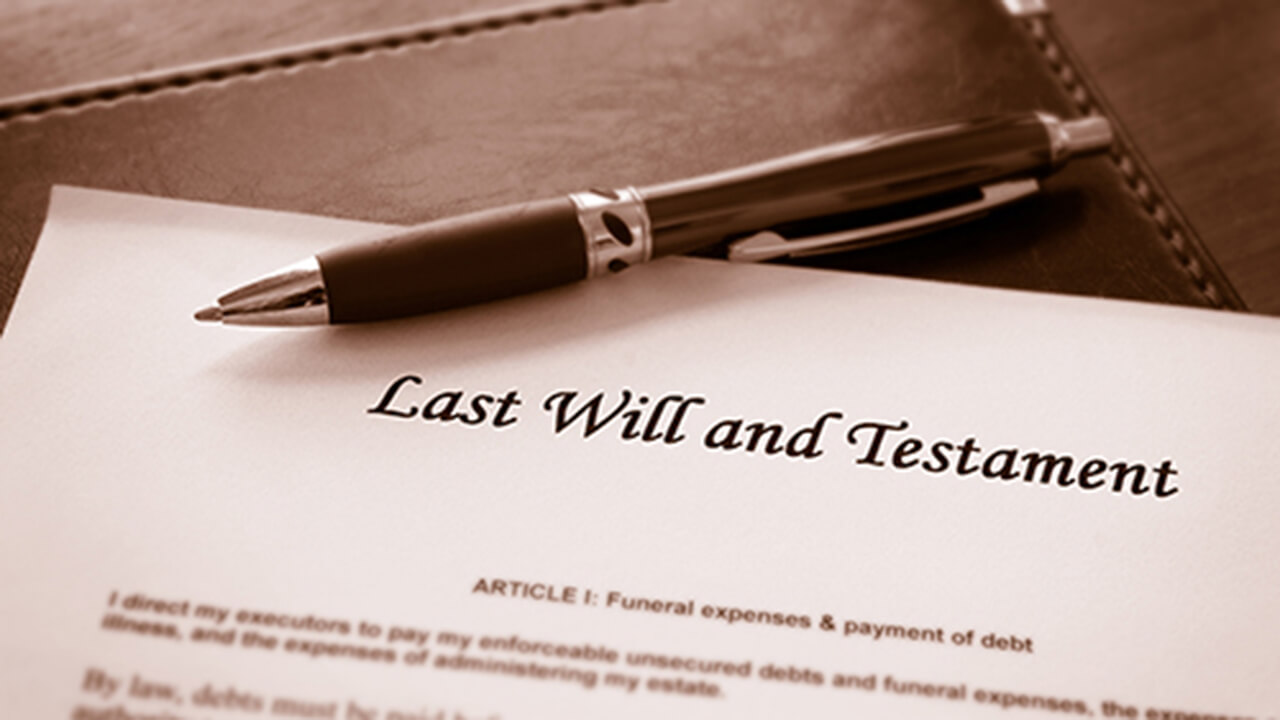Sole director-shareholders take note: your company could be at risk
For a number of years now it has been recommended that companies with a sole director-shareholder take steps to ensure business continuity in the event of their death.
A large number of companies have been incorporated and are managed by a sole director/shareholder. Previously they may have appointed a separate company secretary, but since this requirement was dropped, it is not uncommon for businesses to invest all their decision-making power and legal authority in just one person. Such an individual may be oblivious to the major risks the company faces if they die.
This means that upon that one person’s death, the continuation of the company, and the business it carries out, could be threatened. For example, assets and bank accounts held in the company’s name have to be frozen, meaning that employees and suppliers cannot be paid, because nobody in the company has the correct authority to liaise with the bank.
Furthermore, a catch-22 situation can often arise when a sole director-shareholder dies. The voting rights of their shares are suspended unless and until their personal representatives transfer said shares to new owners, or elect to be registered as shareholders themselves. A grant of probate must be obtained from the court (this process becomes even more complicated if no will was left), before a request can be made for directors to approve any such transfer or election.
The catch-22 situation occurs when, as is often the case, companies’ articles of association state that no such transfer or election can take place without directors’ approval, even if a grant of probate has been obtained. Such approval is, of course, impossible to obtain in the event of the company’s sole director-shareholder’s death.
Newer companies may not have this problem, as their articles should incorporate the ‘model form’ articles prescribed in 2006 by company law. These allow representatives to appoint a new director by serving a notice on the company, whereby no shareholders’ meeting is required, and the new director can then approve the relevant transfer or election.
However, if the company was incorporated with older articles, they may be at risk. Best practice is to review and make appropriate changes to their articles, to ensure the company is not adversely affected should its sole director-shareholder die. Recent case law has confirmed that the court will exercise its discretion to rectify a company’s shareholder register, thus resolving such an issue, only in exceptional circumstances.
A good checklist to consider includes:
- Are you articles of association in line with your current needs?
- What are your business continuity plans on the death or incapacity of the sole director / shareholder?
- Will your personal representatives have the necessary powers to protect the business?
Rickard Luckin’s specialist Company Secretarial team offer a company health check to identify business risks and can discuss any queries that may arise from sole director-shareholder issues.
If you have any questions about the above, or would like more information specific to your circumstances, please enter your email address below and we will get in touch:
















